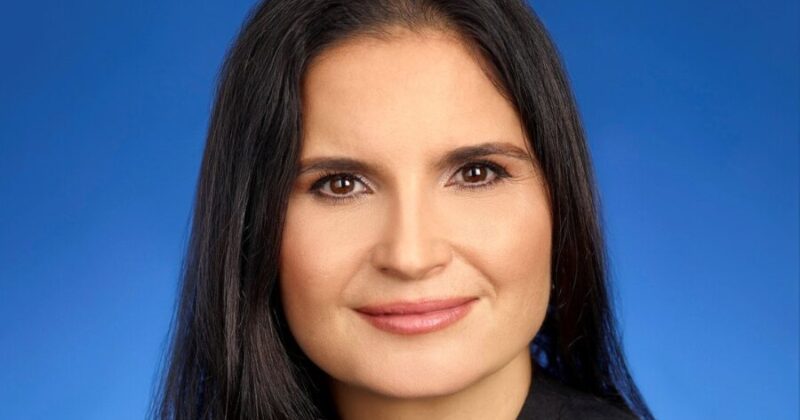U.S. District Judge Aileen Cannon held a hearing on June 25, marking the fourth session in five days concerning former President Donald Trump’s motion for relief in his classified documents case.
The former president contends that the FBI’s search of Mar-a-Lago was conducted unlawfully and that his attorney-client privilege was violated during the lead-up to the search.
Arguments regarding attorney-client privilege were heard privately by the judge due to the sensitive nature of the information, while discussions about the raid were held publicly.
Last year, special counsel Jack Smith filed 40 charges against former President Trump for allegedly mishandling classified documents.
His valet, Walt Nauta, and former Mar-a-Lago property manager Carlos De Oliveira were also charged as co-defendants. All three have pleaded not guilty.
Defense attorney Emil Bove contended that FBI agents lacked proper guidance before the search, citing a warrant that permitted them to search all areas of Mar-a-Lago.
Bove argued that agents searched locations like the kitchen, rooms belonging to the former first lady, and even Barron Trump’s room, despite lacking probable cause to believe classified documents would be found in those areas.
Bove argued the lack of guidance resulted in personal items of no consequence to the case being picked up during the search, including medical records and former President Trump’s passport.
The warrant allowed FBI agents to rummage freely and search every piece of paper they encountered, Bove argued.
Boxes that contained classified documents were ultimately only seized from a storage room and former President Trump’s office.
While Judge Cannon seemed skeptical that a search warrant required detailed guidance, she asked prosecutors why they needed to search a minor’s room.
Prosecutor David Harbach contended that the magistrate who issued the search warrant had determined that classified documents could potentially be located anywhere in Mar-a-Lago, justifying a comprehensive property-wide search.
Again, Judge Cannon asked whether there was evidence that classified documents would be in Barron Trump’s room, and Mr. Harbach said they did not have this evidence.
Bove also asserted that a senior FBI agent had advocated for a consensual search instead of a raid.
Harbach countered that this did not impact the decision to issue the search warrant based on probable cause.
Bove argued the government had the burden of showing good faith in the search process, and Mr. Harbach argued the defense held the burden of showing whether there were false statements or violations made in the search process.
Harbach argued that the agents conducted themselves professionally and did not “rummage” everywhere.
Bove asked the judge for an evidentiary hearing, during which the defense would be able to compel testimony from the FBI agents, arguing he couldn’t take Mr. Harbach’s word for it. Mr. Harbach did not participate in the search.
The judge did not indicate whether she would allow an evidentiary hearing, nor when she would rule on the motion.
At the end of the hearing, Mr. Harbach said he was concerned about the defense’s request for multiple hearings on issues he did not believe were related to the case, calling it “unfair” and an effort to delay the process.
Share your thoughts by scrolling down to leave a comment.

